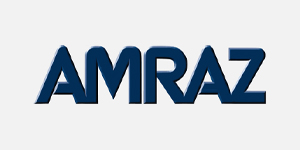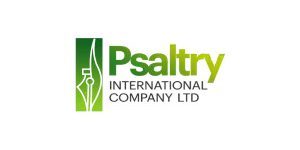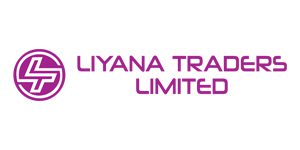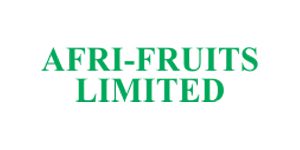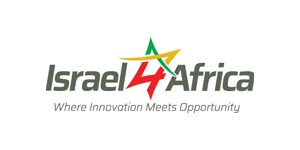Building on our previous article titled ‘How Israeli Companies Can Thrive in Africa’, it’s crucial for companies to understand how to successfully enter these markets while mitigating inherent risks. Although Africa offers promising opportunities, its diverse regulatory, cultural, and political environments require a thoughtful and strategic approach.
Africa is divided into two distinct regions: Saharan and Sub-Saharan. Each presents unique challenges and opportunities. In Saharan countries—such as Algeria, Egypt, and Morocco—the regulatory frameworks are often rigid, and businesses must contend with issues like water scarcity, extreme climatic conditions, and occasional political instability. Meanwhile, Sub-Saharan Africa, encompassing nations like Nigeria, Kenya, and Rwanda, is characterized by a rapidly growing consumer market, driven by urbanization and a youthful population. However, these countries also face challenges including corruption, evolving regulatory standards, and cultural diversity.
Understanding local regulatory and political dynamics
Before entering any African market, it is essential to conduct a detailed risk analysis. This means assessing the local regulatory framework, political stability, and economic policies of each target country. For example, while Saharan nations may offer opportunities in sectors such as renewable energy and resource management, their legal systems can be less predictable due to political tensions and security concerns. In contrast, many Sub-Saharan nations are working steadily toward economic modernization, but may have complex bureaucratic processes and varying enforcement of regulations.
Strategies for mitigation
To navigate these challenges, forging strong local partnerships is key. Collaborating with local businesses or market-entry consultants can provide invaluable insights into local customs, regulatory procedures, and consumer behavior. Local representation not only assists with compliance and permits but also builds trust within the community—a critical factor in markets with diverse cultural landscapes.
Furthermore, adapting product lines to meet local needs is a vital strategy. Regulatory requirements and consumer preferences can vary widely. Tailoring your offerings to suit local tastes and standards can lead to a competitive edge and smoother market penetration.
Another effective strategy is to maintain a flexible approach. African markets can be unpredictable; therefore, building contingency plans and diversifying your entry strategies can help mitigate unexpected challenges. Whether establishing regional offices, employing local talent, or leveraging digital platforms for remote management, a multi-faceted approach can significantly reduce operational risks.
Your path forward with ShareLovv International
For Israeli companies, the complexities of entering African markets may seem daunting. Yet, with comprehensive risk analysis and the right local partnerships, these challenges can be transformed into opportunities. As our previous article highlighted, Africa’s growth is undeniable, and now is the time to secure your foothold in these emerging markets.
ShareLovv International specializes in market-entry consulting and risk mitigation strategies tailored specifically for the African context. With deep expertise in local regulatory environments, cultural nuances, and strategic partnerships, ShareLovv is uniquely positioned to guide your business through every step of the market-entry process. Our services include detailed market research, risk assessments, and the development of localized strategies that adapt your product lines to meet regional demands.
Don’t let the uncertainties of entering a new market hold your company back. Contact ShareLovv International today to transform potential risks into strategic advantages and seize the promising opportunities Africa has to offer.
